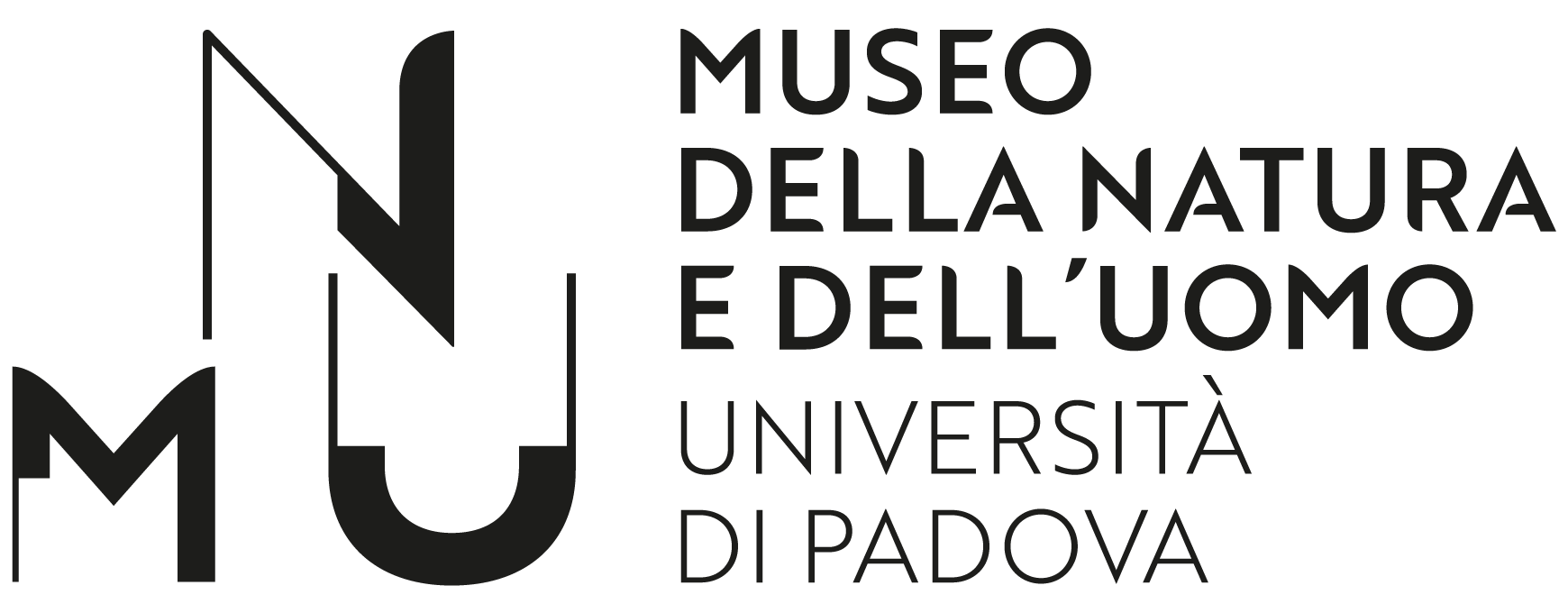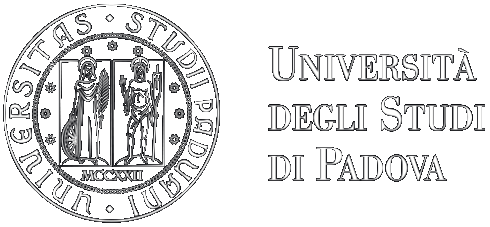Thanks to the University, Padua has preserved intact since the 16th century the first permanent anatomical theatre and the first university botanical garden in the world. These, coupled with the discoveries made by Galileo Galilei in the best 18 years of his life, make it the cradle of modern science. It is indeed in Padua that it is still possible to visit the places where the direct study of plants for botany and that of the human body for anatomy developed, in the city where the teaching of medicine began at the bedside of the sick.
The rich collections, built up over centuries of scientific research, also allow to learn about historical and contemporary aspects of the study of Nature: climate change and biodiversity, ancient civilisations and the impact of human activities on the Planet, species from millions of years ago in dialogue with the 3,500 of the plant world still living today in the Old Garden and the Garden of Biodiversity.
Since November, this comprehensive tour has been included in a single ticket, that gives access to the Museum of Nature and Humankind, the Botanical garden and the Palazzo del Bo, with the addition until the 7th of January, of the university museums participating in the ‘Domenica al museo’ initiative. Visits to Palazzo del Bo are scheduled at weekends and on public holidays, when the ‘Palazzo del Bo and Gio Ponti’s 1900s’ tour is open for independent exploration with the support of audio QRcodes placed along the route.
Places to visit over a period of six months or to let friends discover with an original gift: the ticket can also be purchased as a Gift, both for individuals and families. For those who prefer to visit only part of the route, an ‘integrated two-site ticket’ is also available, allowing flexibility in choosing which of the three sites to visit, even at the last moment.


